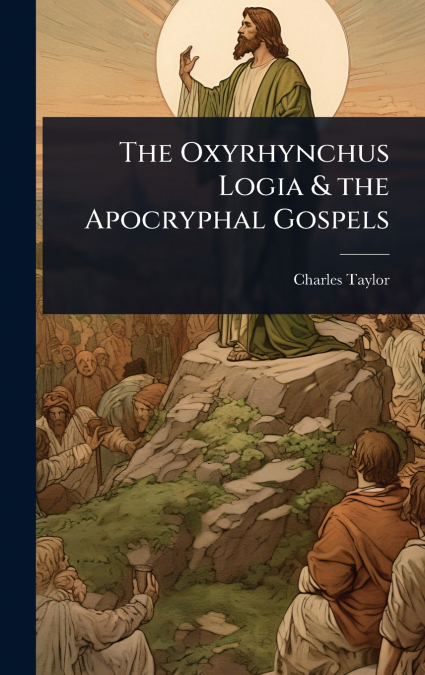
Charles Taylor
The Oxyrhynchus Logia & the Apocryphal Gospels delves into the fascinating world of early Christian texts discovered in Oxyrhynchus, Egypt. This volume examines the significance of these papyri fragments, particularly their relation to the canonical Gospels and other apocryphal writings. Charles Taylor provides insightful analysis into the potential sources and theological implications of these texts, offering a valuable resource for biblical scholars and anyone interested in the formative years of Christianity.The book explores the historical context surrounding the discovery of the Oxyrhynchus Logia and their impact on our understanding of the sayings of Jesus. It further examines the apocryphal gospels, shedding light on the diverse range of beliefs and traditions that circulated within early Christian communities. Taylorâs work offers a critical perspective on the development of the New Testament canon and the ongoing quest to reconstruct the historical Jesus.This work has been selected by scholars as being culturally important, and is part of the knowledge base of civilization as we know it. This work was reproduced from the original artifact, and remains as true to the original work as possible. Therefore, you will see the original copyright references, library stamps (as most of these works have been housed in our most important libraries around the world), and other notations in the work.This work is in the public domain in the United States of America, and possibly other nations. Within the United States, you may freely copy and distribute this work, as no entity (individual or corporate) has a copyright on the body of the work.As a reproduction of a historical artifact, this work may contain missing or blurred pages, poor pictures, errant marks, etc. Scholars believe, and we concur, that this work is important enough to be preserved, reproduced, and made generally available to the public. We appreciate your support of the preservation process, and thank you for being an important part of keeping this knowledge alive and relevant.